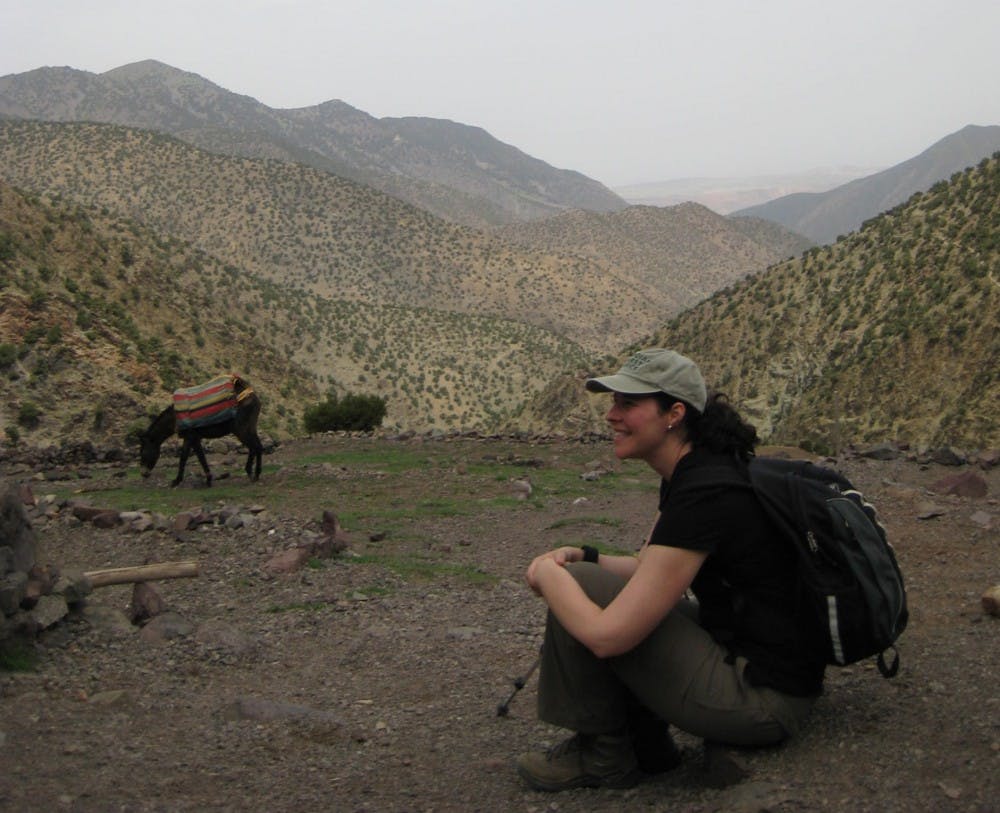Pam Jagger is a UNC professor of public policy and will be the director and principal investigator of a research program for energy poverty in Southern Africa. She's been studying energy poverty issues for five years and received a $4.8 million grant from the National Science Foundation to conduct research and start a program to increase access to modern energy in Southern Africa. The program will be implemented in Malawi, Zambia and Zimbabwe. It will start in January 2018 and continue for five years. Staff writer Ashley Cruz spoke to Jagger on her experience receiving the grant and her plans for the program.
DTH: How did you get this grant?
PJ: So we had an internal competition at UNC to see who would get to put forward their idea and my research group won that competition. We then submitted a first round proposal to the National Science Foundation, and they received close to 300 proposals. They advanced about 70 of them and we were in that group of 70s and had to submit another more detailed proposal. We found out in June that we were awarded the grant, and I think there were about 12 or 14 grants awarded in the end. So it was a highly competitive contest.
DTH: How did you get into energy poverty in Africa?
PJ: I have been doing research in Africa for about twenty years and most of that research has been focused on the extent in which people live in rural settings, which are most of the people that live in Africa. It’s how much they depend on natural resources for basic services like fuel for cooking, building materials for housing and food that supplements whatever they can grow in their agricultural plots. So I have been doing research on that topic for quite a long time, and the interesting thing about that is the dependence on forest and other natural resources. So that’s how I got interested in the issue of energy poverty and just thinking about how much people rely on firewood and charcoal for all of their cooking and how that’s really different in how we get fuel for cooking.
DTH: How does this program tie into your work here at UNC?
PJ: I am a professor of public policy and crossed with the environment and ecology curriculum. I teach classes on environment development and food policy. So it fits very well with my teaching interests and the courses I am tasked with. I will be teaching a freshman seminar in the spring focused on energy poverty in developing countries. In terms of my graduate students and teaching, many of my students have an interest in this topic, so it provides another opportunity for them to do research and be engaged in actual, real-life research projects.
DTH: What made you decide what countries to work in?
PJ: It’s really driven by the overall design on the project. We wanted to work in multiple countries, and wanted some variation between the countries. So the three countries can be loosely described in the following ways: one is Malawi and is quite far behind in energy access. So they have very low electricity coverage and lots of people rely on firewood and charcoal for cooking. So they’re deep in energy poverty and they’re contrasted with Zambia, which is a country that over the past twenty years has actually made very big leaps in terms of energy access throughout the country. So it’s a place where there’s been a lot of change and people’s access to energy has really improved. Then Zimbabwe is an example where the opposite has happened, because of the political upheaval that they have had there. They had relatively good energy access about twenty years ago. So people that used to cook with electricity and gas right now are finding themselves relying on collecting firewood and burning charcoal. So we wanted to understand the trajectories of change, which are all different in the three countries.




